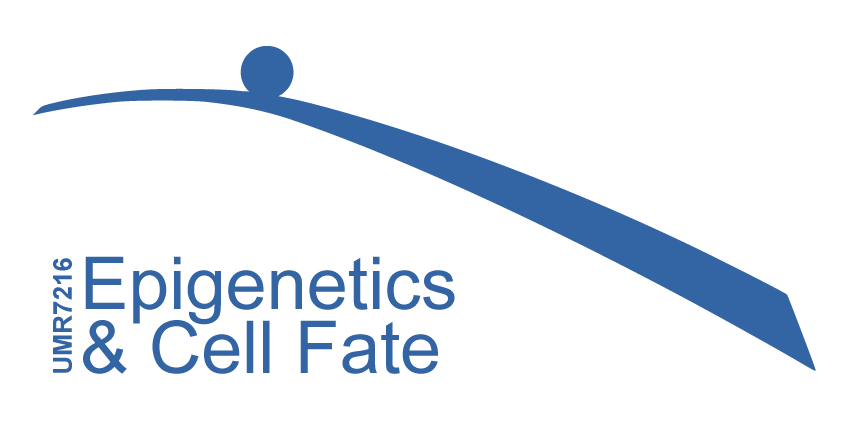Florent is a researcher (CR1) at CNRS. He received his PhD in 2003 from University Paris 7 in Paris, France. He was recruited by CNRS in 2013 after several post-doctoral studies in Winnipeg, Manitoba, Canada, then in the Hematology Department of the Cochin Institute, Paris, France, before joining the Claire Francastel’s Lab at the Epigenetic and Cell Fate Unit.
Since 2014, Florent is also Associate Editor for Frontiers in Genetics section non-coding RNA and Editor for non-coding RNA and J (at MDPI).
For more than 15 years, his scientific interests have focused on the expanding functional diversity of the RNA world in mammalian cells and the extraordinary reservoir of regulatory molecules that it provides to ultimately control differentiation of progenitor cells. He brought a special interest to introns that represent half of the human genome but are largely overlooked because they are removed from messenger RNAs through splicing and degraded. However, he contributed to highlight that they are functionally important in shaping the transcriptome in addition to the proteome. Their dynamic alternative splicing during cell differentiation, for instance, is a sophisticated mechanisms used by cells to fine-tune the production of coding mRNAs or non-coding RNAs with distinct functions. He also documented cases of introns that escape degradation and release precursors of small regulatory non-coding RNAs directly through splicing. He chose the human muscle differentiation as a cellular model because it is one of the best characterized system in humans and for which He has access to cells from patients with splicing defects that cause a Myotonic Dystrophy through a long lasting collaboration with the Institute of Myology. The challenging task is now to document and better understand the functionality of introns and how they orchestrate genomes’ transcriptional and translational outputs and hence, cell fate decisions, or lead to disease when their splicing is altered.

